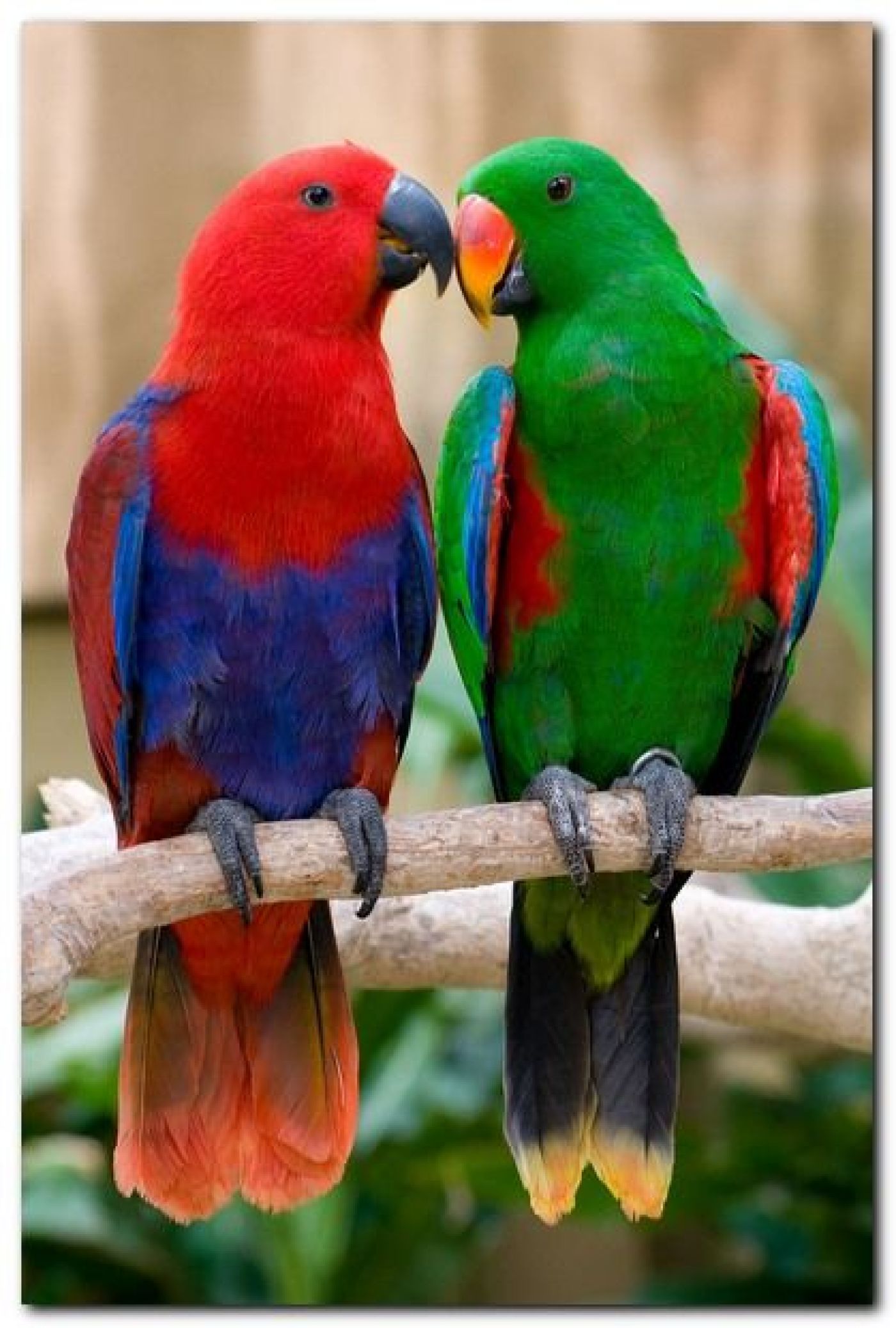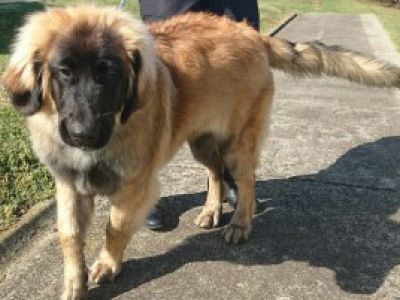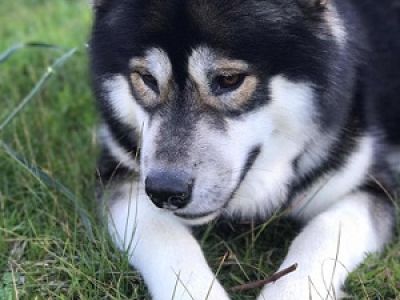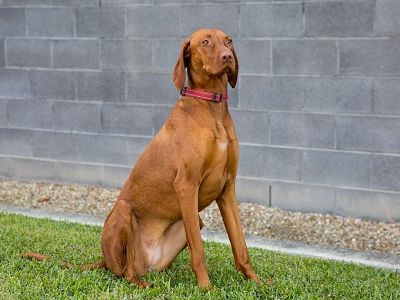Electus Parrots

Our waiting room at Greensborough can be quite entertaining. We always have an array of domestic animals and exotics, that are interacting and normally keen to socialise.
Recently we have been treating animals for Sarah Little whose family are more ‘exotic’ than most. Sarah walked in to our clinic with Iago and Abu on her shoulder, that were unperturbed by what was going on around them. Iago and Abu are beautiful juvenile Electus parrots that are native to North Eastern Australia, in rain-forests in far North Queensland and the Solomon Islands.
The Electus parrots are unusual to the parrot family for its extreme sexual dimorphism. (Two sexes exhibit different characteristics beyond their sexual organs). The male is mostly bright emerald green and the female is mostly bright red and blue. Originally, European ornithologists (bird experts) thought they were two distinct species. Electus differ from other parrots by living a polygamous lifestyle. Unlike most cockatoo and parrot species that mate for life, an Electus will choose multiple partners throughout her life and will not allow a male to cohabitate.
The Electus is a stocky, short-tailed parrot measuring around 35cm in length. Their diet consists of mainly fruits, figs, nuts, flowers and leaf buds. In their natural environment they can sometimes be considered pests for eating from fruit trees. In captivity they eat mainly fruits including mangoes, banana’s, melons, stone fruits, citrus fruits and apples. In their natural habitat, the Electus nests within the hollows of rainforest trees. The hen will reside in ‘her tree’ for up to 11 months of the year and rely on multiple males to feed her via regurgitation. Males may travel up to 20km to forage and up to five males will regularly provide food for each female.
Electus parrots are one of the more popular birds kept in captivity. They are generally calm birds in captivity, displaying a pensive nature when faced with a new situation. They were not kept in captivity until the 1980’s, so records are limited, but their lifespan is on average 30 years.
It is important for new parrot owners to spend time learning about their species’ behaviour to keep them as happy as possible.
Iago and Abu are both regular patients at our clinic for check-ups, husbandry advice and grooming. They were microchipped under anaesthetic, upon recovery given a meal of fruit and then went home with pain relief, to make the experience as comfortable as possible. Abu is harness trained so that he can safely explore the outside world and Iago is so well behaved that she can have her nails trimmed while standing on her Mum’s arm. It is always a pleasure working with these beautiful species along with an owner well educated on her family’s needs.


